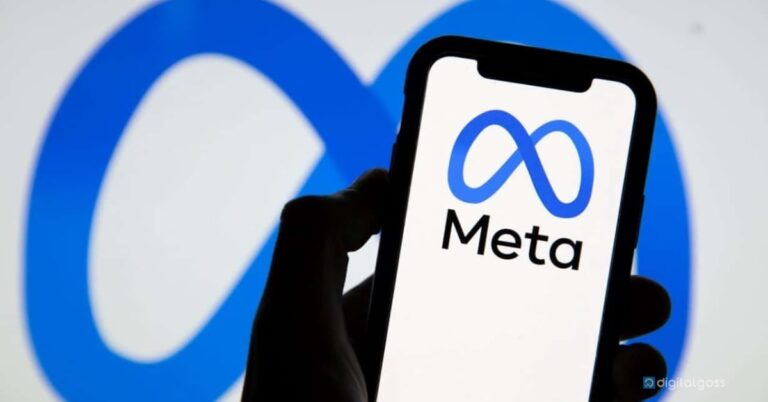Meta Platforms, the tech giant behind Facebook and Instagram, is in hot water with European regulators once again. The European Commission has charged Meta for not complying with the Digital Markets Act (DMA) over its new “pay or consent” advertising model, introduced in Europe last November. This model presents users with a binary choice: consent to targeted ads or pay for an ad-free experience. However, the Commission’s preliminary findings indicate that this choice does not comply with the DMA’s regulations.
The Digital Markets Act, which came into force in March 2023, aims to curb the dominance of Big Tech companies by ensuring fair competition and protecting user privacy. Under this law, “gatekeepers” like Meta must obtain explicit consent from users before collecting and combining their personal data for targeted advertising. However, Meta’s approach of offering either consent to tracking or a paid subscription does not provide a genuine alternative, according to the Commission.
The Commission’s investigation, launched in March, focused on whether Meta’s binary choice coerces users into accepting invasive tracking. The findings suggest that Meta’s model fails to provide a less personalized yet equivalent version of its social networks, thereby violating Article 5(2) of the DMA. This article mandates that gatekeepers must obtain user consent for combining personal data across different core platform services (CPS).
Meta’s subscription option charges users nearly €13 per month for an ad-free experience. However, the Commission argues that this paid alternative is not a valid equivalent to free access that respects users’ privacy. Margrethe Vestager, the EU’s antitrust chief, emphasized the importance of empowering citizens to control their data and choose a less personalized advertising experience.
In response, Meta defended its model, citing a ruling from Europe’s top court, which suggested that a paid version of a service could be offered as an alternative to tracking ads if necessary. However, the Commission pointed out that Meta must justify why a fee is necessary and suggested that a free, less intrusive ad model, such as contextual advertising, could be an equivalent alternative.
This isn’t the first time Meta’s advertising practices have come under scrutiny. Privacy activists and watchdogs have long criticized the company’s data collection and tracking methods. The current investigation could have significant financial implications for Meta, with potential fines of up to 10% of its global annual turnover or 20% for repeat offenses.
The Commission’s preliminary findings have been welcomed by consumer protection groups. Agustin Reyna, BEUC’s director general, expressed support for the enforcement action, urging Meta to comply with consumer protection and data privacy laws.
Meta now has a limited window to respond formally to the Commission’s findings. The EU aims to complete its investigation by March 2025. As the case unfolds, it highlights the ongoing struggle between Big Tech companies and regulators striving to protect user privacy and ensure fair competition in the digital market.
Editor’s Recommendations
- Fortnite and Epic Games Set to Return to Apple Store in the EU
- U.S. Judge Allows Major SEC Case Against Binance to Proceed, Drops One Charge
- SK Hynix to Invest $75 Billion in AI and Chips by 2028
- European Chipmakers at Risk of Losing China Market Share, EU Warns
- Amazon Investigates Perplexity AI Over Controversial Data Scraping Practices

